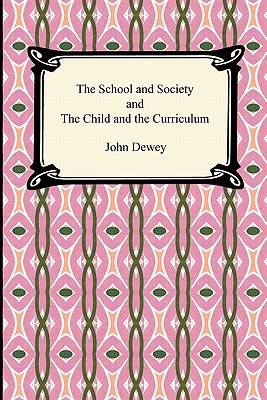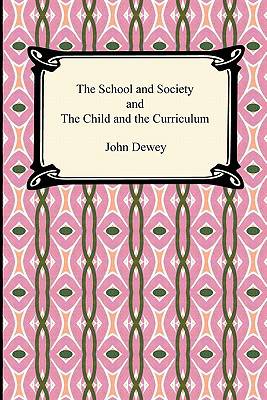
- Afhalen na 1 uur in een winkel met voorraad
- Gratis thuislevering in België vanaf € 30
- Ruim aanbod met 7 miljoen producten
- Afhalen na 1 uur in een winkel met voorraad
- Gratis thuislevering in België vanaf € 30
- Ruim aanbod met 7 miljoen producten
Zoeken
€ 10,95
+ 21 punten
Uitvoering
Omschrijving
Though he did not coin the phrase "Progressive Education," American philosopher and psychologist, John Dewey, has historically been associated with this modern educational method. In these two works, "The School and Society" and "The Child and Curriculum," Dewey lays out his philosophies of pragmatism, educational reform, and his advocacy of democracy. In a time when education focused primarily on rote memorization and passive acquisition of knowledge, Dewey advocated a "learning by doing" method. He believed students would become more well-rounded, productive members of society through their natural inquisitiveness, and experimentation through interaction with the world. Dewey's complex and naturalistic theories were primary influences in both education and social reform in the twentieth century. Furthermore, he has become known as one of the founders of the philosophy of pragmatism and functional psychology. Today, his work is still a valuable source of information and inspiration to those interested in the education and development of school-age children.
Specificaties
Betrokkenen
- Auteur(s):
- Uitgeverij:
Inhoud
- Aantal bladzijden:
- 80
- Taal:
- Engels
Eigenschappen
- Productcode (EAN):
- 9781420938012
- Verschijningsdatum:
- 1/01/2010
- Uitvoering:
- Paperback
- Formaat:
- Trade paperback (VS)
- Afmetingen:
- 152 mm x 229 mm
- Gewicht:
- 127 g

Alleen bij Standaard Boekhandel
+ 21 punten op je klantenkaart van Standaard Boekhandel
Beoordelingen
We publiceren alleen reviews die voldoen aan de voorwaarden voor reviews. Bekijk onze voorwaarden voor reviews.











